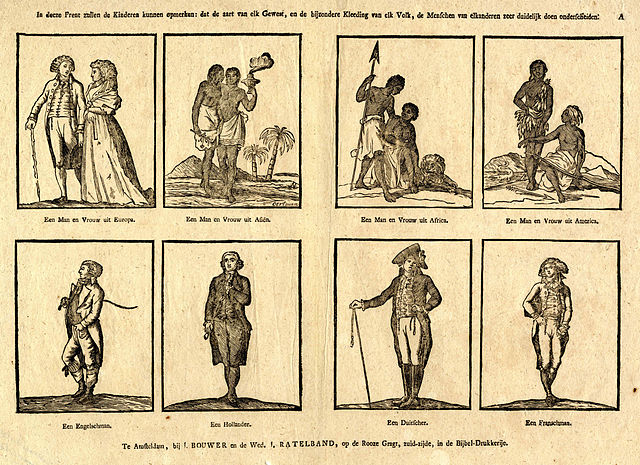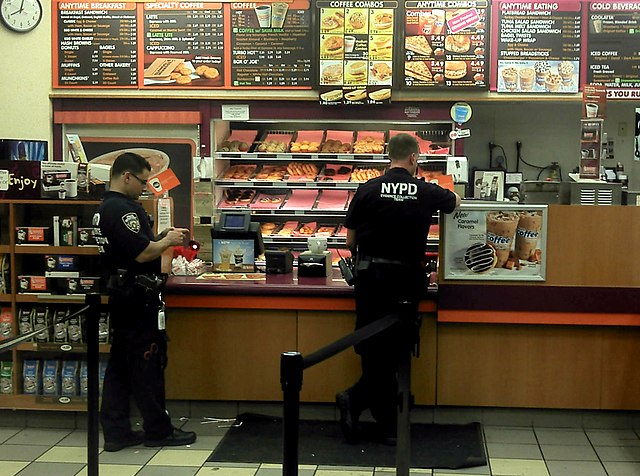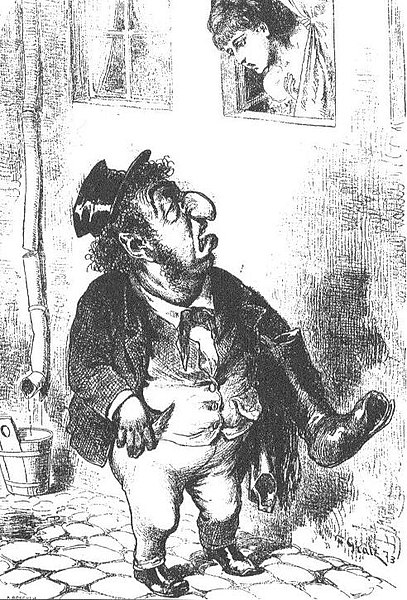A cliché is an element of an artistic work, saying, or idea that has become overused to the point of losing its original meaning or effect, even to the point of being weird or irritating, especially when at some earlier time it was considered meaningful or novel. In phraseology, the term has taken on a more technical meaning, referring to an expression imposed by conventionalized linguistic usage.
Using a feature such as an overhanging branch to frame a nature scene may be described as a visual cliché.
In social psychology, a stereotype is a generalized belief about a particular category of people. It is an expectation that people might have about every person of a particular group. The type of expectation can vary; it can be, for example, an expectation about the group's personality, preferences, appearance or ability. Stereotypes are often overgeneralized, inaccurate, and resistant to new information. A stereotype does not necessarily need to be a negative assumption. They may be positive, neutral, or negative.
An 18th-century Dutch engraving of the peoples of the world
Police officers buying doughnuts and coffee, an example of perceived stereotypical behavior in North America
An antisemitic 1873 caricature depicting the stereotypical physical features of a Jewish male
A magazine feature from Beauty Parade from March 1952 stereotyping women drivers. It features Bettie Page as the model.





